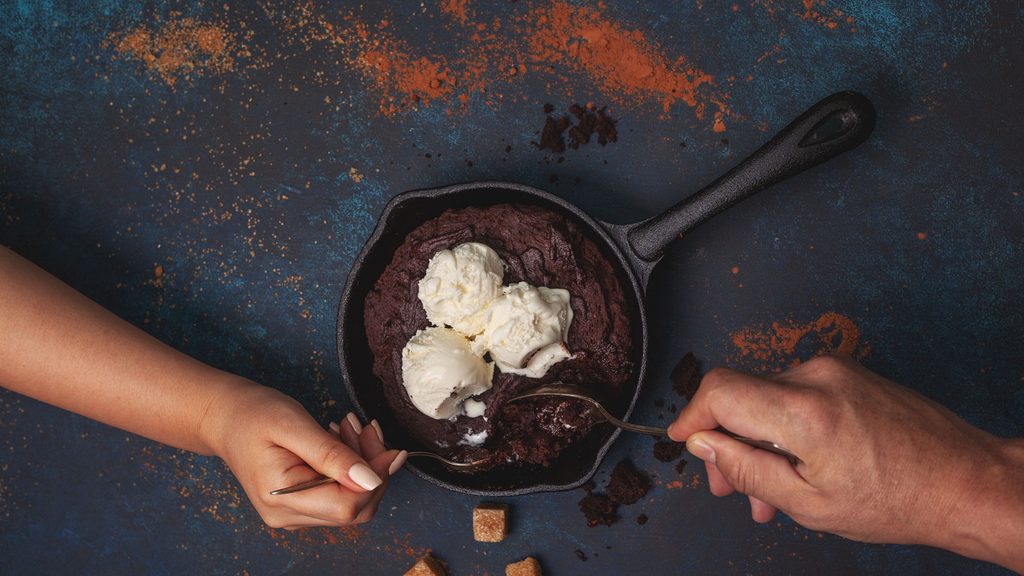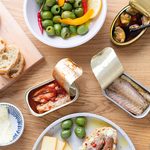Is Your Nonstick Cookware Safe to Use?

According to a new report, certain nonstick cookware is releasing "forever chemicals" into the food we eat. Here's how to keep your family safe.
Whether you need a pan to bake your favourite brownies or a skillet to whip up an easy breakfast scramble, chances are you reach for what you thought was perfectly safe nonstick cookware. But according to a recent investigation by the Food and Drug Administration (FDA), those pots and pans could actually contain harmful chemicals.
What the study found
Based on its findings, the FDA reported that PFAS (a group of 5,000 synthetic chemicals that are also known as “forever chemicals”) are present in about 98 percent of Americans’ bloodstreams. And one of the major sources? The food we eat, claims the Environmental Protection Agency, noting that the dangerous substances are absorbed into food from things like nonstick cookware.
While the FDA says that the levels of PFAS are not yet high enough to be harmful to our health, that doesn’t mean that the recent results aren’t troubling. After all, PFAS (which can flake off into your food when you’re cooking over high heat) have been associated with serious health risks including cancer, infertility and kidney or liver damage—to name a few.
And even though scientists don’t know the exact effects of PFAS on our bodies, it’s always smart to avoid exposing yourself to toxic, manufactured substances when possible (one way to do so is by getting these vegetables from the farmers’ market).
How to choose safe nonstick cookware
As a result of the study, many PFAS have been banned from being used to produce pots and pans. But if you’re in the market for a new set right now, stay away from aluminum and Teflon materials, which can contain high levels of PFAS and other chemicals. Instead, the Government of Canada recommends looking for nontoxic materials like ceramic, stainless steel or glass.
And to make your safe nonstick cookware last longer (and prevent it from releasing any potentially harmful chemicals), make sure you clean it properly and avoid chipping the pan with metal utensils or cooking over high heat, both of which can cause PFAS to enter your food or the air you breathe.
Next, read up on 11 cooking mistakes that can make your food toxic.




